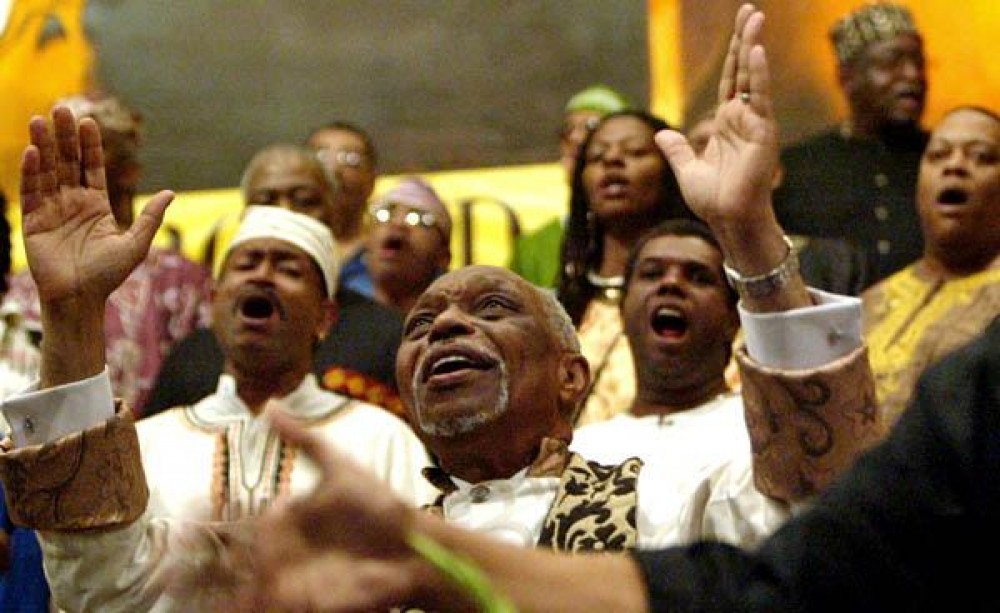The African-American Prophetic Tradition
Karen Jackson-Weaver, Ph.D.
Spring 2013
Course Overview
The quest for freedom has been a constant struggle for African-Americans in modern America. This course will explore the context of how a prophetic tradition emerged which situated the plight of African-Americans in congruence with the Israelites in the Old Testament of the Holy Bible. The rhetoric and activism of African-American leaders reflected efforts to dismantle the oppressive conditions of slavery while addressing the economic, social, and political disenfranchisement African-Americans endured in a racially hostile country. In addition, their consciousness and ideological framework reinforced a tradition of answering a divine call to realize justice and full citizenship for African-Americans.
This course will focus on major leaders and figures who sought to transform 19th and 20th century American utilizing the biblical metaphor of a “prophetic tradition” in contemporary American contexts. Drawing upon early anti-slavery sermons, speeches and other primary source documents which reflect the historicity of selected eras in American history, we will study women and men who embraced the African-American prophetic tradition and strived to achieve equality and full liberation in American society.
Course requirements:
Students are required to attend all lectures, participate in class discussions, complete the oral presentation and paper assignments. During the course, students will prepare two written papers on major themes, events, issues, personalities or organizations discussed in the course. The papers should be based on a combination of primary and secondary sources, and are expected to have proper footnotes or endnotes. The midterm paper should be 8-10 pages and in lieu of a final exam students will complete a research paper which should be at least 15 pages.
Each paper must be an original piece of work written by the student for this class. The papers are designed to assess mastery of lectures, reading assignments, and the topics explored during the course. The lectures and discussions will illuminate particular dimensions of the African-American prophetic tradition in 19th and 20th centuryAmerica and the lives and experiences of key leaders during this era.
Grading of assignments is as follows:
Paper in lieu of final exam…………………………………………………………. 30%
Paper in lieu of midterm exam……………………………………………………. 30%
Oral Presentation ……………………………………………………………………. 20%
Class participation……………………………………………………………………. 20%
Required Texts:
Chappell, David L. A Stone of Hope: Prophetic Religion and the Death of Jim Crow. Chapel Hill:University ofNorth Carolina Press, 2004.
DuBois, W.E. B., Souls of Black Folk. New York: Barnes and Noble Classics, 2003.(Introduction by Farah JasmineGriffin.)
Howard-Pitney, David. The African American Jeremiad Appeals for Justice in America. Philadelphia:TempleUniversityPress, 2005.
Reagon, Bernice Johnson. If You Don’t Go, Don’t Hinder Me: The African American Sacred Song Tradition. Omaha:University ofNebraska Press, 2001.
Riggs, Marcia, ed., Can I Get a Witness?: Prophetic Religious Voices of African American Women. Maryknoll: Orbis, 1997.
Schechter, Patricia A. Ida B. Wells-Barnett and American Reform, 1880-1930. Chapel Hill:University ofNorth Carolina Press, 2001.
Smith, R. Drew, ed., New Day Begun: African American Churches and Civic Culture in Post-Civil Rights America. Durham: Duke University Press, 2003
*Course Reader includes articles linked to the weekly themes on the course outline
